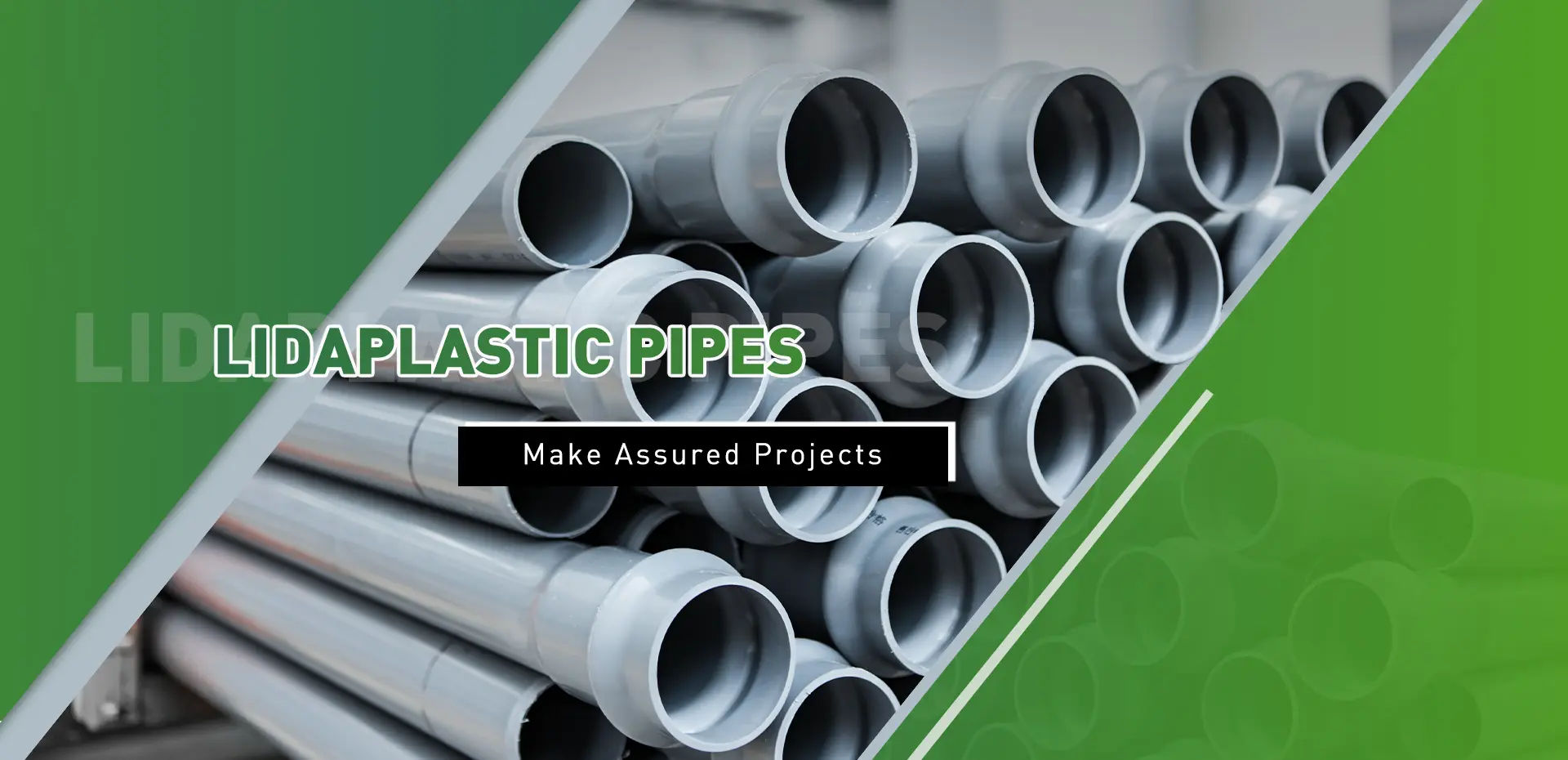Aug . 11, 2024 08:46 Back to list
Exploring the Versatility and Applications of PVC Sheets in Various Industries
The Versatility of PVC Sheets Applications and Benefits
Polyvinyl chloride, commonly known as PVC, is one of the most widely used synthetic plastic polymers. Among its various forms, PVC sheets stand out due to their exceptional durability, versatility, and affordability. Used in a myriad of industries, from construction to healthcare, PVC sheets are a reliable material for many applications.
Properties of PVC Sheets
PVC sheets possess a range of beneficial physical and chemical properties. They are lightweight, strong, and resistant to chemicals, moisture, and weather conditions. Unlike other materials, PVC does not rot or corrode, making it a preferred choice for both indoor and outdoor applications. Furthermore, PVC sheets are available in a variety of colors and thicknesses, allowing for customization to meet specific project needs. Their flexibility makes them easy to cut, mold, and weld, facilitating various fabrication processes.
Common Applications
1. Construction and Building PVC sheets are popularly used in the construction industry for cladding, roofing, and window profiles. Their water-resistant nature makes them ideal for the production of various structures, particularly in areas exposed to high humidity or direct contact with water, such as bathrooms and kitchens. Additionally, PVC sheets can serve as a cost-effective solution for wall coverings and flooring, providing an aesthetic yet durable alternative.
2. Signage and Displays The advertising industry heavily utilizes PVC sheets to create signs and displays. Their smooth surface allows for high-quality prints, making it easy to create vibrant advertisements that withstand outdoor elements. PVC sheets are also lightweight, making them easy to mount and transport.
pvc sheet

3. Packaging In the packaging sector, PVC sheets are often employed to produce packaging materials that are both robust and visually appealing. Their clarity and resistance to other chemicals allow for secure storage of various products without compromising at the shelf's aesthetic appeal.
4. Healthcare The medical industry recognizes the utility of PVC sheets in producing sterile, hygienic products. They are used in the manufacturing of medical trays, containers, and protective barriers. The ability to create PVC sheets that are easy to disinfect makes them suitable for environments requiring stringent sanitation standards.
5. Furniture and Interior Design PVC sheets have gained traction in the furniture industry for creating modern and stylish office desks, shelves, and cabinetry. Their design flexibility and variety of colors enable designers to create custom pieces that meet the aesthetic demands of contemporary interiors.
Environmental Considerations
While the versatility and practicality of PVC sheets are evident, environmental considerations surrounding their production and disposal are important to address. The manufacturing process of PVC involves chlorine and produces various byproducts that may be harmful if not managed correctly. Additionally, PVC can be challenging to recycle. However, advancements in recycling technologies and the increasing implementation of regulations are paving the way for more sustainable practices in the use of PVC materials.
Conclusion
PVC sheets offer an impressive array of benefits that make them an invaluable resource across multiple industries. Their durability, versatility, and cost-effectiveness ensure they will continue to be a staple material in construction, healthcare, packaging, and design. As the industry moves toward more sustainable practices, the focus on recycling and responsible manufacturing of PVC will help mitigate environmental concerns, allowing this adaptable material to thrive in a more eco-conscious future. Whether in homes, hospitals, or storefronts, PVC sheets will undoubtedly remain a fundamental part of our everyday lives.
-
High-Quality PPR Pipes and Fittings Durable ERA PPR & PVC PPR Solutions
NewsJul.08,2025
-
Black HDPE Cutting Board - Durable, Non-Porous & Food Safe HDPE Plastic Cutting Board
NewsJul.08,2025
-
High-Quality CPVC Panel Durable HDPE & PVC Panels Supplier
NewsJul.08,2025
-
Double PE Welding Rod Supplier - High Strength, Durable & Versatile Welding Solutions
NewsJul.07,2025
-
High-Quality PVC-O Pipe Supplier Durable 75mm PVC Pipe & Connections Leading PVC Pipe Company
NewsJul.07,2025
-
HDPE Drainage Pipe Supplier – Durable & Corrosion-Resistant Solutions
NewsJul.06,2025

